728 BREEDING SOUNDER PEDIGREE DOGS
BREEDING SOUNDER PEDIGREE DOGS
by David Hancock
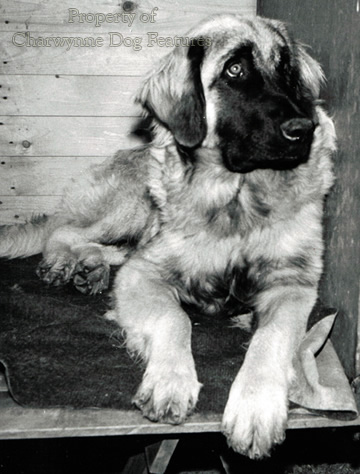 In Canada it’s a federal offence to sell an unregistered purebred dog. Every purebred dog if it is to be legally sold there has to be registered with the Canadian Kennel Club. In Britain anyone can sell a dog as a ‘pedigree’ animal; it doesn’t need to be registered with anyone. In the United States, several of their states have enacted what are called “Lemon Laws for Pets” which are designed to protect the purchaser of a dog but they are not there to protect the dog. Such laws give the purchaser the right to return a sick or dead puppy for a refund or replacement, with some going even further and allowing the purchaser to retain the puppy, have it treated and get some form of reimbursement from the purchaser for veterinary expenses. For the pedigree dog to flourish it’s important for both the dog and the purchasing public to be protected.
In Canada it’s a federal offence to sell an unregistered purebred dog. Every purebred dog if it is to be legally sold there has to be registered with the Canadian Kennel Club. In Britain anyone can sell a dog as a ‘pedigree’ animal; it doesn’t need to be registered with anyone. In the United States, several of their states have enacted what are called “Lemon Laws for Pets” which are designed to protect the purchaser of a dog but they are not there to protect the dog. Such laws give the purchaser the right to return a sick or dead puppy for a refund or replacement, with some going even further and allowing the purchaser to retain the puppy, have it treated and get some form of reimbursement from the purchaser for veterinary expenses. For the pedigree dog to flourish it’s important for both the dog and the purchasing public to be protected.
There is a misunderstanding amongst the general public over the use of the word 'pedigree' when used to describe a dog's breeding. Strictly speaking it means having a recorded line of descent, especially one showing pure breeding. But the possession of a pedigree (a piece of paper) has come to mean, for many people, a sign of excellence, a denotation of quality. This is undeserved and the public is being misled. First of all, the pedigree form or registration certificate, which comes from the dog being registered with the Kennel Club, is, when it is correct, just a birth certificate. I say, when it is correct, because its compilation relies on just one factor: the honesty of the breeder.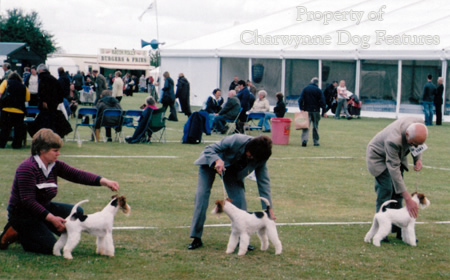
In the middle of the last century, a Danish geneticist, Winge, found on examining the Danish stud-book that 15% of the pedigrees he checked could not be correct, on coat-colour inheritance grounds alone. The American Kennel Club has introduced random DNA-testing, after being shocked to discover the level of falsified pedigrees on their register. I know of cases in more than one breed here where the breeder providing a particular stud dog, on request, has not used this dog, but a kennel-mate, to service the bitch. And the subsequent pedigree has shown that the requested stud dog performed the service not the real sire. The pedigree or record of breeding was knowingly and intentionally falsified. It is not wise to rely entirely on breeder honesty.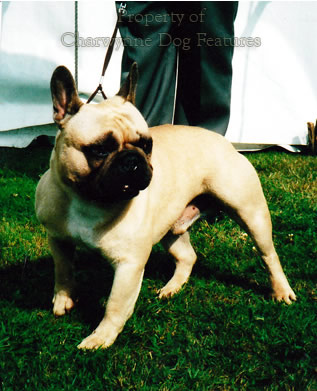
Secondly, there is nothing on the pedigree form but a list of ancestors, no indication of genetic health, no record of the quality of the ancestors listed and no legally-binding declaration stating that, in the event of the facts provided being shown to be inaccurate, the breeder signing the form is actionable in a civil court and accountable to the KC over any future stock registrations. In 1910, it was understandable for the pedigree form to be merely a certified record of breeding. But in 2010, surely we have progressed in our information technology? Yet, the pedigree form still only contains lists of ancestors. We know however that certain dogs in certain breeds are carriers of inheritable conditions. Disreputable breeders conceal this, but how is the general public seeking a pure bred pup to discover such a risk?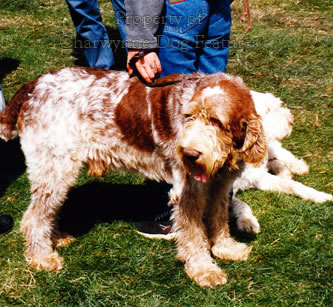
Overseas, show dogs are routinely graded in order of merit, from 'excellent' downwards and their grading can be easily seen on a fuller registration certificate. Why not here? There are some seriously flawed dogs being exhibited and the after-show critiques reveal their seriousness. Here are some of the words used by judges in such critiques in the last few years: Estrela Mountain Dogs- 'I was horrified when I looked in the mouths of many of the dogs present.' Fox Terriers- 'I felt movement in some cases was dreadful, and in most cases true soundness was lacking.' French Bulldogs- 'I found quite a few dogs with really stilted and restricted hind action and I would be rather concerned about the long-term mobility of these dogs.' Italian Spinone- 'the entry certainly lacked soundness and this is very worrying for the future of the breed.' Lhasa Apso- 'Among the faults were bad mouths, frighteningly short ribcages, short upper arms, and steep shoulders were plentiful too.' Old English Sheepdogs- 'the quality in the males is still poor.' Akita- 'Some rears quite frankly amazed me in the degree of just how poor they were.' Alaskan Malamute- 'I was surprised and shocked at the lack of quality running through the entry.' Afghan Hounds- 'Som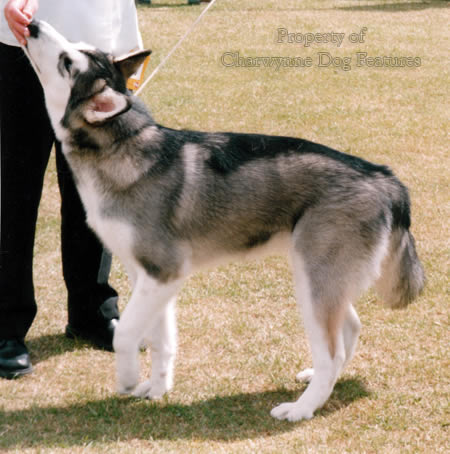 e heads were appalling.' Bernese Mountain Dogs- 'sadly lacking in overall soundness and carrying too much weight.' Rough Collies- 'I was very sad to have so much bad movement.' Schnauzer- 'in most classes the bite on the dogs and bitches were (sic) terrible'. Golden Retrievers- 'The lower classes almost void of exhibits that could move to an acceptable standard.'
e heads were appalling.' Bernese Mountain Dogs- 'sadly lacking in overall soundness and carrying too much weight.' Rough Collies- 'I was very sad to have so much bad movement.' Schnauzer- 'in most classes the bite on the dogs and bitches were (sic) terrible'. Golden Retrievers- 'The lower classes almost void of exhibits that could move to an acceptable standard.'
These are comments on dogs being proudly exhibited by owners, some of them breeders, at championship shows, not village fete dog shows. All of these faulty dogs in the ring had what is so often conceived as a distinction - a pedigree. One exhibitor at such a show once described his latest litter to me as 'only pet-market quality'! If the comments of judges set out above are on the 'show-quality' dogs, God help future pet owners. Even sadder, at the same show, was being told that one of the dogs in the ring had a litter-mate with Wobbler Syndrome, but that the line was still being bred from. This means that a future dog from this line could have hind legs that collapse. Should not vets, breed clubs, welfare organisations and the Kennel Club not be striving to get such concealment exposed? Until genetic pedigrees are issued, the public are not just being misled, but being cheated. Our Kennel Club is now working closer with the veterinary profession than ever before and that has to be good for the breeding of sounder pedigree dogs. Purchasers of a registered pedigree pup really do need to know if their dog is sound – not just to obtain value for money but to obtain a truly healthy pet.